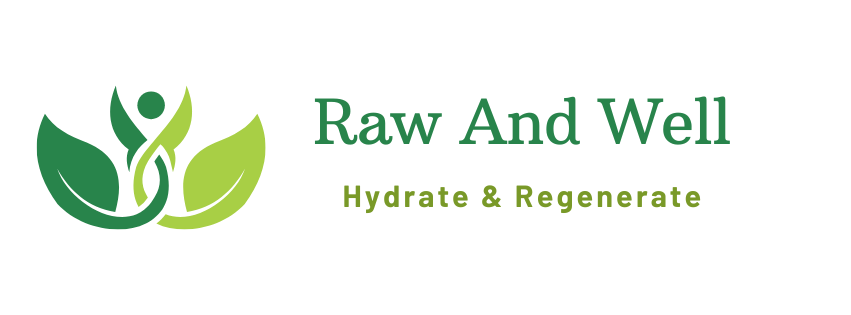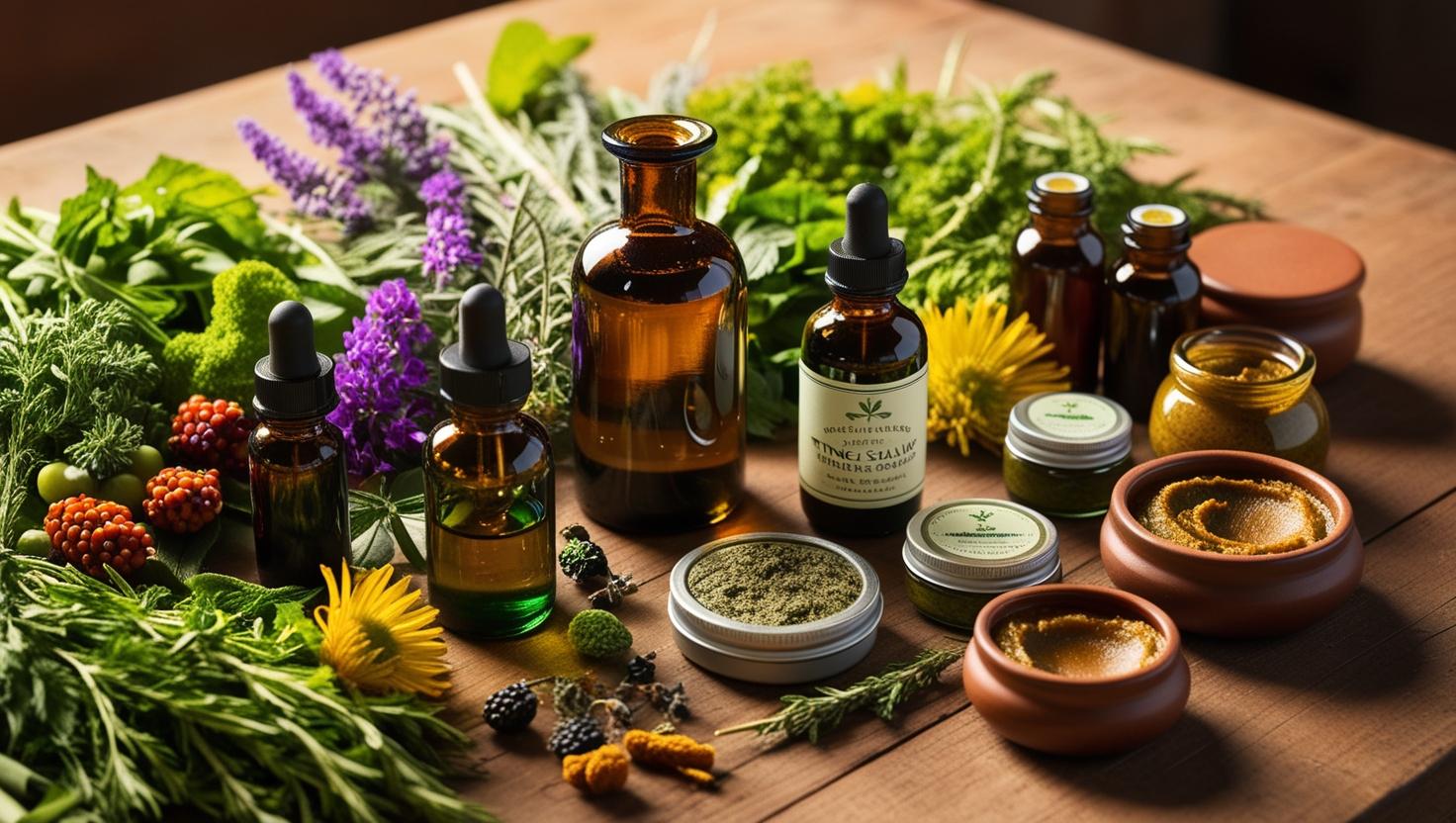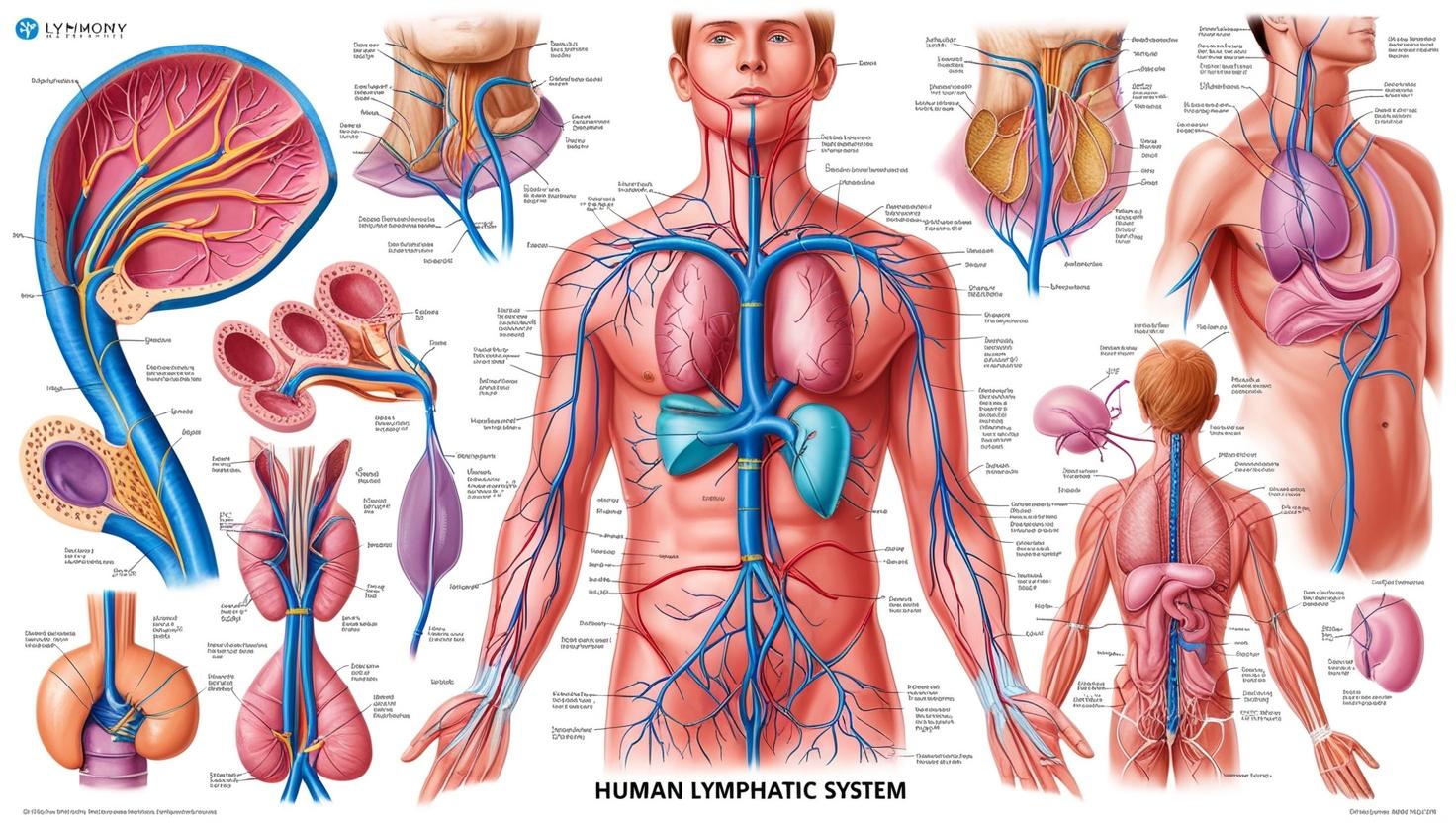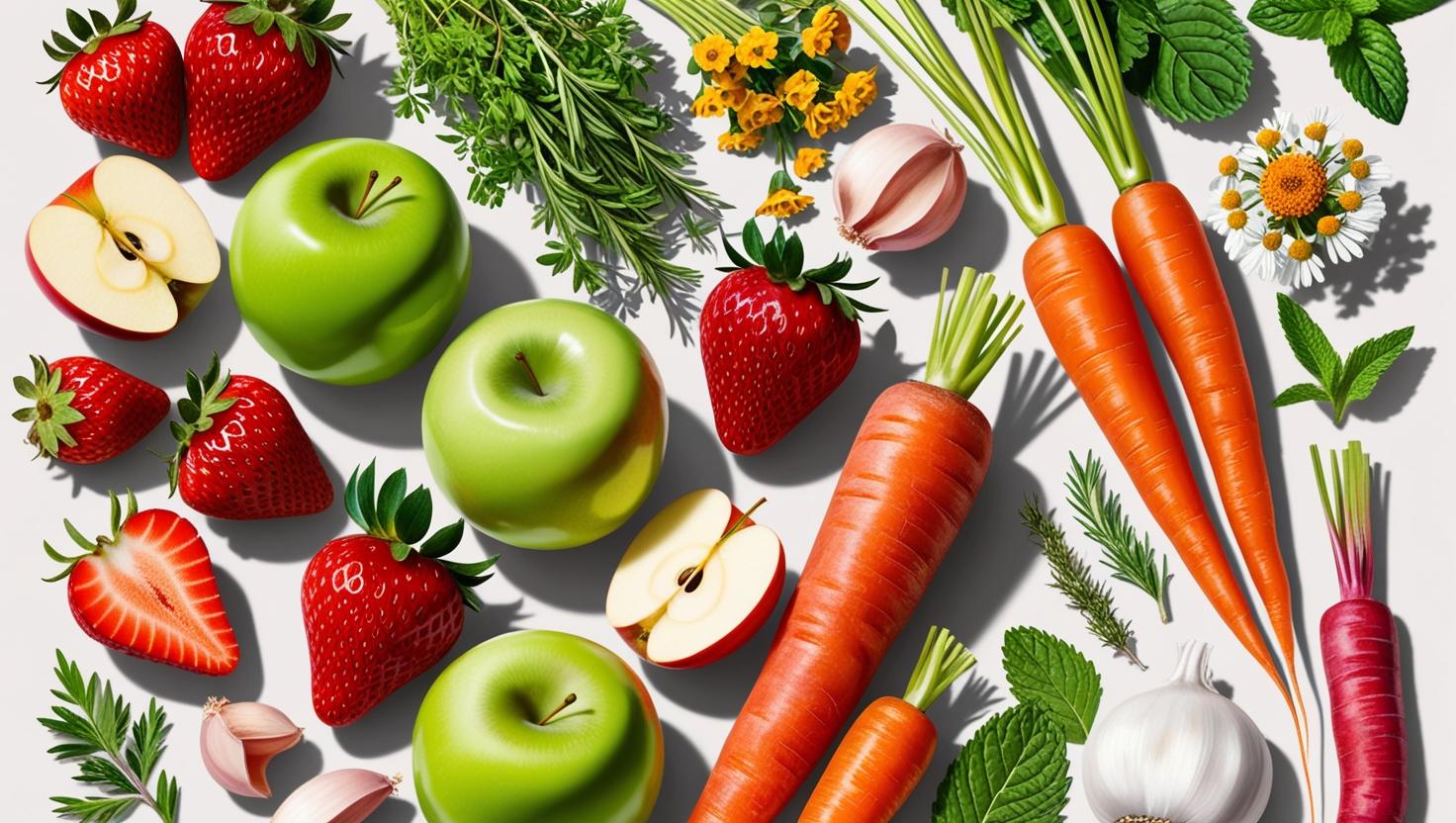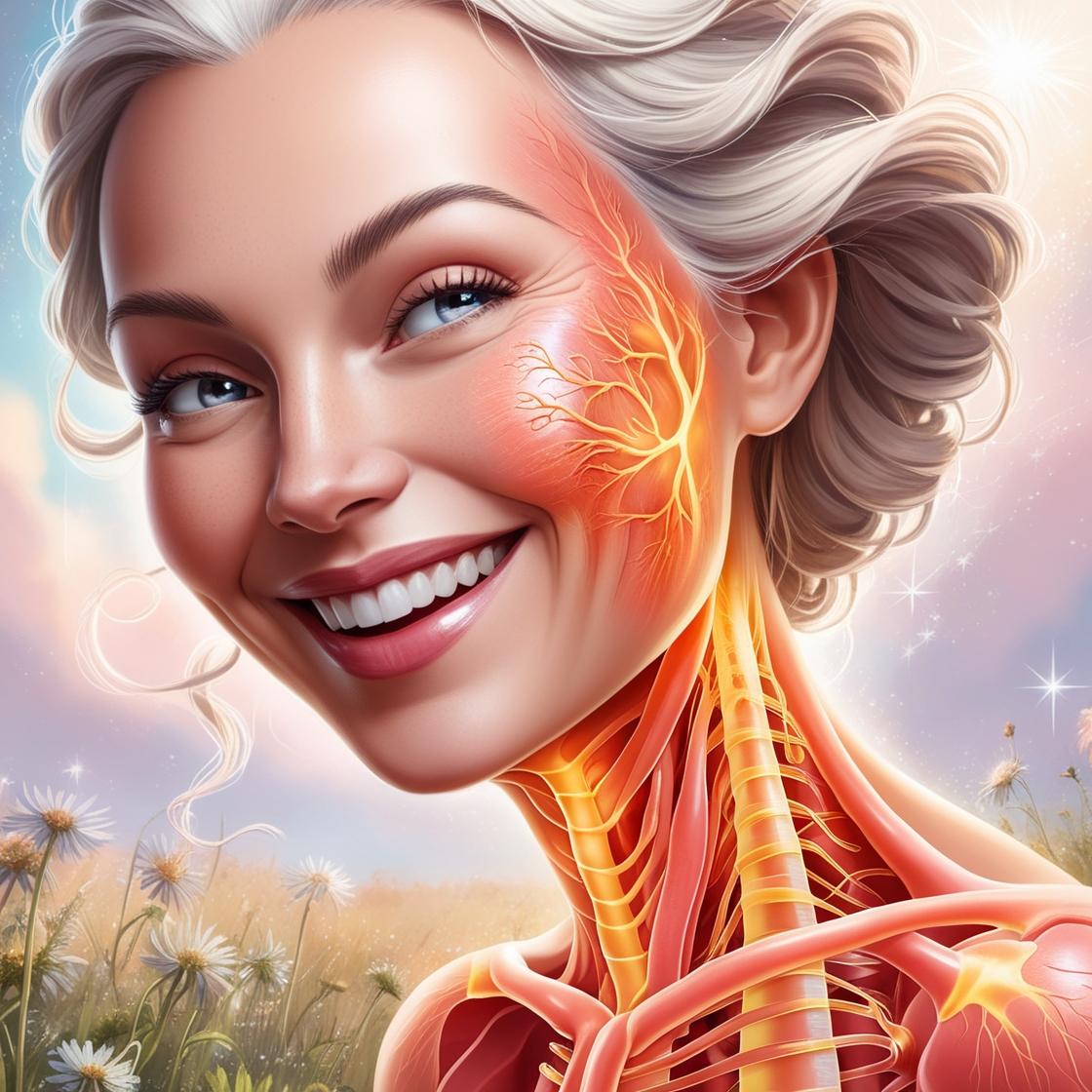Robert Morse, a naturopathic doctor and master herbalist, advocates for a holistic approach to health that emphasizes detoxification and cellular regeneration. Central to his philosophy is the power of herbs, which he considers “God’s greatest healers”. He believes that herbs, combined with a raw food diet, offer a potent path to vibrant health. This post will explore Morse’s approach to herbal medicine, examining his core beliefs, insights into various herbs and their uses, and guidance on preparing herbal remedies.
Understanding Robert Morse’s Philosophy
Morse’s approach to health is rooted in the idea that true healing involves addressing the root causes of illness rather than merely suppressing symptoms. He argues that modern medicine’s “treatment mentality” often overlooks the underlying factors contributing to disease. In his view, most health problems stem from a buildup of toxins and acids in the body, a condition he terms “acidosis”.
This perspective aligns with our earlier conversation about the lymphatic system. Remember how stress can lead to lymphatic congestion, hindering the body’s natural detoxification processes? Morse sees herbs as powerful allies in this cleansing process, supporting the body’s innate ability to heal and regenerate. He emphasizes that herbs work synergistically with a live, raw food diet to achieve optimal results.
Key Tenets of Morse’s Approach:
Detoxification
Cleansing the body of accumulated toxins and acids is paramount to restoring health.
Cellular Regeneration
Herbs, along with a raw food diet, provide the necessary building blocks to rebuild and strengthen tissues.
Whole-Body Approach
Health issues should not be treated in isolation. Morse advocates for supporting all body systems simultaneously for optimal well-being.
God's Pharmacy
Herbs are seen as natural medicines designed by God to support human health.
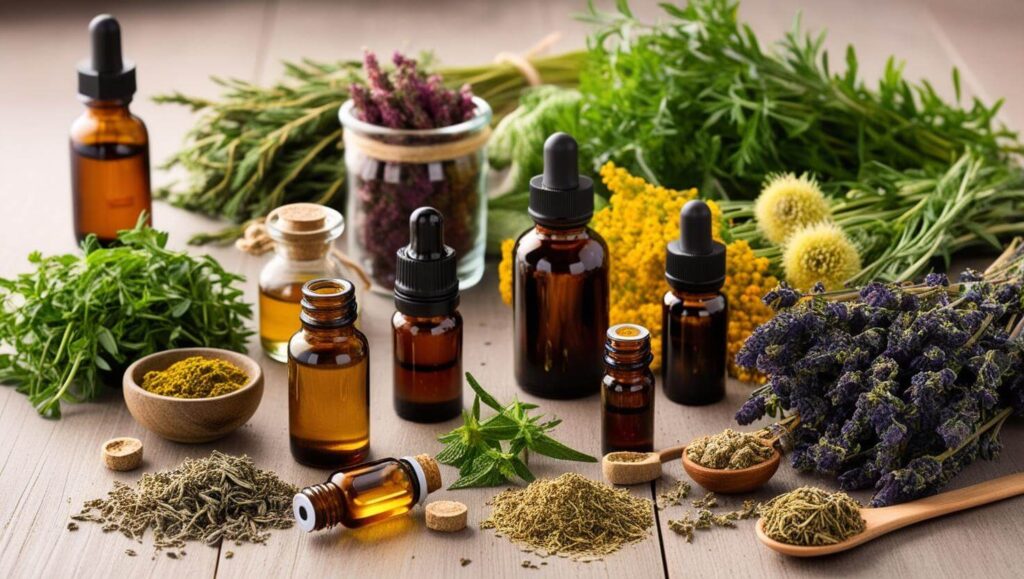
The Power of Herbs: Beyond Treatment to Detoxification
Morse differentiates between “treatment,” which focuses on alleviating symptoms, and “detoxification,” which addresses the root causes of disease. He argues that while chemical medications often suppress symptoms, they fail to address the underlying toxicity that can lead to chronic health issues. In contrast, he sees herbs as powerful detoxifiers, pulling toxins out of the body while strengthening cells.
Morse believes that herbs, being unhybridized vegetables, retain their full nutritional and electrical properties, making them superior to manufactured supplements. He highlights the concept of “original awareness,” suggesting that herbs carry a consciousness that empowers human cells to function as intended.
Herbs in Action: Specific Herbs and Their Restorative Properties
Morse’s book provides a comprehensive reference guide to various herbs, outlining their unique properties and potential applications. He emphasizes that herbs are “tissue-specific,” meaning that each herb has an affinity for certain tissues or organs in the body. However, he also notes that many herbs have a broad range of effects, benefiting multiple systems simultaneously.
Here are some examples of herbs highlighted by Morse and their key properties:
- Black Walnut Hull: A powerful antiparasitic, effective against a wide range of microorganisms, including bacteria, fungi, yeasts, and worms. Also promotes cellular proliferation and enhances blood oxygenation.
- Burdock: Known for its burn-healing properties and its ability to cleanse the blood and liver. Reduces swelling, particularly around joints, and promotes detoxification.
- Butcher’s Broom: Supports circulation, reduces inflammation in the vascular system, strengthens blood vessel walls, and aids in alkalizing the blood.
- Chaparral: A powerful antioxidant with anti-inflammatory and anticancer properties. Stimulates circulation and liver function and is used for a variety of conditions, including arthritis, cancer, and infections.
- Echinacea Angustifolia: Renowned for its immune-boosting properties. Enhances tissue function, particularly in the bone marrow, thymus gland, and spleen. Possesses antibiotic and antiseptic properties and purifies the blood.
- Garlic: A broad-spectrum antimicrobial with antiviral, antibacterial, and antifungal properties. Supports cardiovascular health, boosts immunity, and aids digestion.
- Goldenseal: Considered a “heal-all” herb with a wide range of applications. Supports digestion, strengthens the nervous system, regulates blood sugar, and possesses anti-inflammatory and antiparasitic properties. Morse cautions against long-term use due to its accumulative properties.
- Gotu Kola: Supports brain and nerve regeneration, strengthens the immune system, and promotes circulation. Especially beneficial for spinal cord injuries.
- Lobelia: A potent antispasmodic, effective for relieving spasms, cramps, convulsions, and seizures. Used for respiratory conditions like asthma and emphysema, as well as for heart conditions.
- Marshmallow: Soothes and heals the gastrointestinal tract, reduces inflammation, and is beneficial for a variety of conditions, including ulcers, cystitis, bronchitis, and skin problems.
- Motherwort: A heart tonic that helps regulate heartbeat and supports adrenal function. Also used for menstrual cramps and hot flashes.
- Pau D’Arco: A powerful immune-boosting and antiparasitic herb from Brazil. Promotes cellular proliferation, supports the lymphatic system, and is used for cancer, skin conditions, and infections.
- St. John’s Wort: Known for its calming effects on the nervous system. Used for depression, anxiety, insomnia, and pain. Possesses antiviral properties and has shown potential benefits for HIV.
- Wormwood: A potent antiparasitic, particularly effective against worms and flukes. Promotes digestion, supports liver function, and acts as a nerve tonic.
- Yellow Dock: Strengthens the liver, promotes bile production, cleanses the lymphatic system, and is a valuable blood builder. Used for skin conditions, fatigue, and cancer.
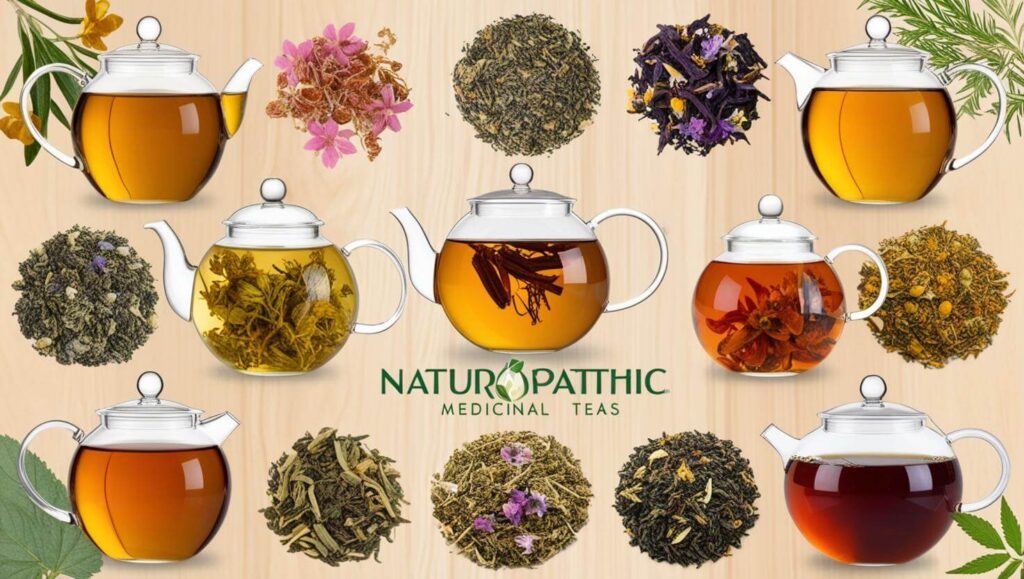
Harnessing Herbal Power: Preparing Teas, Tinctures, and Infusions
Morse advocates for consuming herbs in their raw, uncooked form whenever possible, believing this method preserves their full potency. He recommends using teas and tinctures as the primary ways to ingest herbs, particularly when digestive issues are present.
Making Herbal Teas
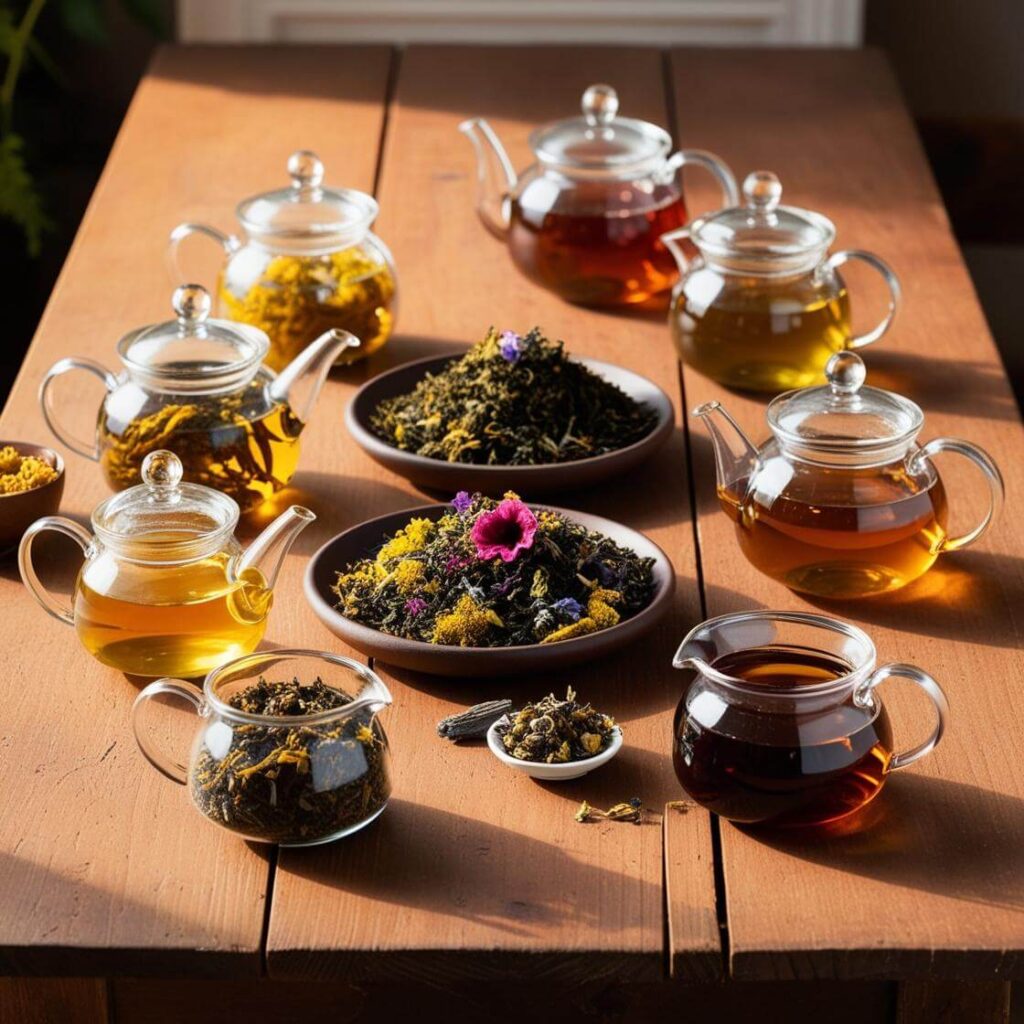
- Use one heaping teaspoon of dried herb per cup of distilled or reverse osmosis water.
- For leaves and flowers, boil for 3-6 minutes and steep for 5-10 minutes.
- For roots, tubers, or rhizomes, boil for 10-15 minutes and steep for 10-15 minutes.
- Adjust water content to desired strength.
- Drink 1 cup, 3-6 times daily, or use as a douche, enema, or poultice as needed.
Preparing Herbal Tinctures
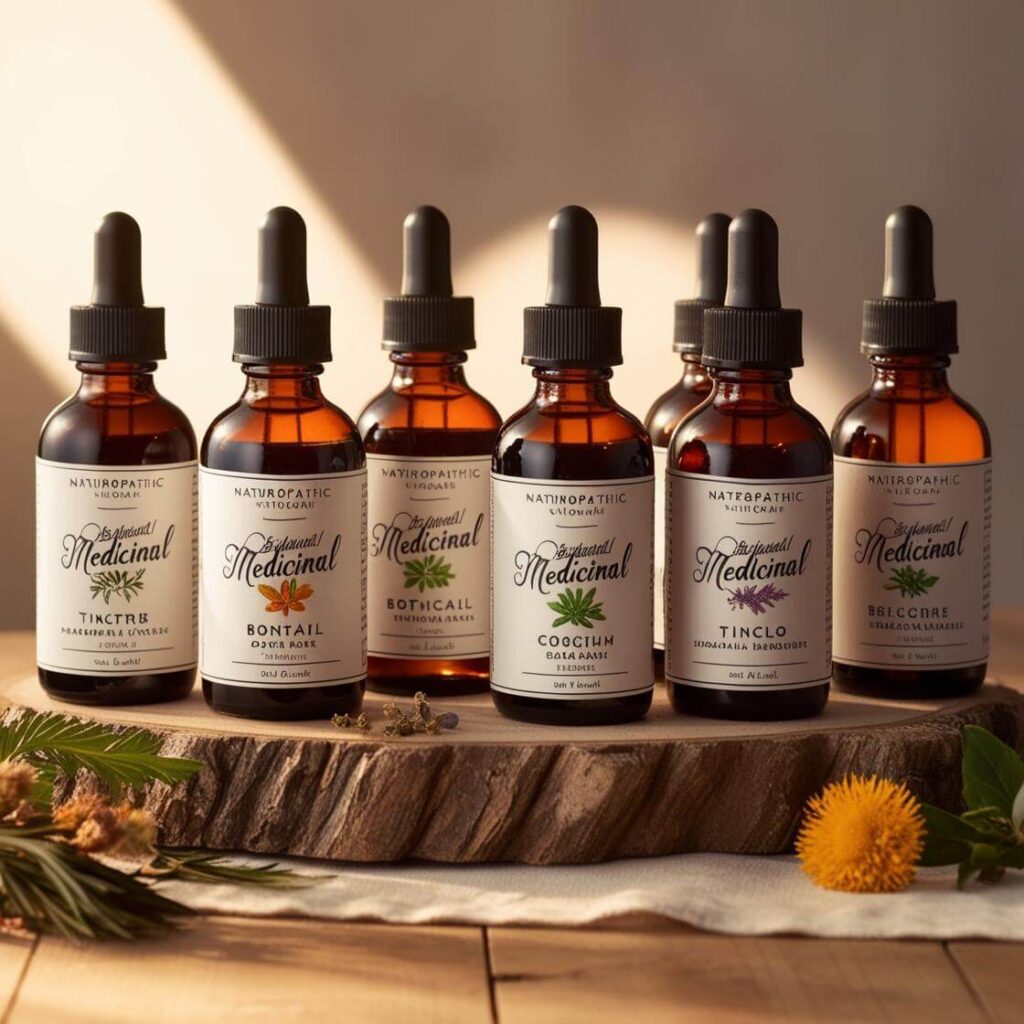
- Combine 1 part dried herb with 3-4 parts pure grain alcohol and equal parts distilled water.
- Store the mixture in a glass container in a dark place for about 30 days, shaking daily.
- Expose the mixture to at least 4 hours of sunlight on the last day (optional).
- Strain the mixture through a press to obtain a pure liquid tincture.
- Take one full dropperful, 3-6 times daily.
Morse emphasizes the importance of using high-quality, organically grown or wild-crafted herbs. He also cautions against relying solely on books for herbal knowledge, recommending hands-on learning and experimentation.
The Synergistic Power of Herbal Formulas
Morse believes that while single herbs are potent, herbal formulas, which combine multiple herbs for a synergistic effect, can be even more powerful in their healing action. He has developed numerous formulas that target specific health concerns, advocating for addressing multiple body systems simultaneously for optimal results.
Cautions and Considerations
- Consult with a qualified healthcare professional before using herbs, especially if you have any underlying health conditions or are taking medications.
- Start with small doses and gradually increase as needed.
- Be aware of potential interactions between herbs and medications.
- Use caution with herbs during pregnancy and breastfeeding.
Embracing the Healing Power of Nature
Robert Morse’s approach to herbal medicine offers a compelling perspective on harnessing the restorative power of plants. His emphasis on detoxification, cellular regeneration, and a whole-body approach resonates with a growing movement towards natural healing modalities. While his methods may challenge conventional medical wisdom, his insights provide a valuable starting point for those seeking to explore the potential of herbal medicine in their own health journeys. Remember, knowledge is power, and understanding the principles of herbal medicine can empower you to make informed decisions about your well-being.
